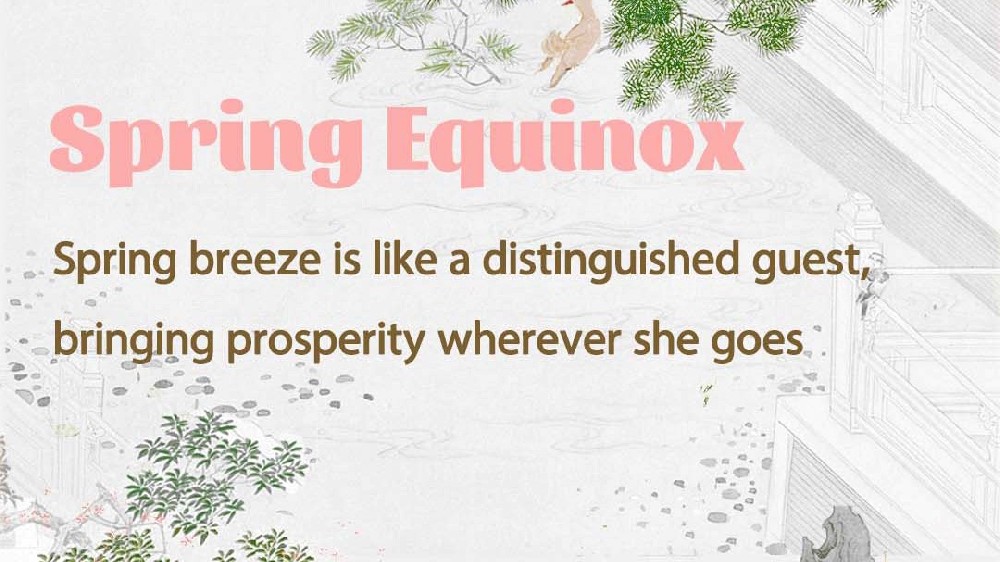Book prize spotlights uniqueness
Writer Lin Zhao, 38, won this year's Blancpain-Imaginist Literary Prize on Nov 9 with her work Chao Xi Tu (Picture of Tide).
Sponsored by Swiss luxury watch brand Blancpain and Chinese publisher Imaginist, the annual prize was established in 2018 to award novelists younger than 45.
The winner was given a cash prize of 300,000 yuan ($42,000) and a Blancpain watch.
"The prize aims to offer a stage and a spotlight for young writers, so that more people will get to know them and read their works," says Jack Liao, vice-president of Blancpain China.
Over the past five years, the prize has received more recognition, and the list of winners has become an important guide for young readers choosing books.
According to Liao, the videos released about the prize this year have been broadcast more than 4 million times, speaking to its growing importance.
The evaluation committee this year was composed of scholar Liang Yong'an, writer Lin Bai, critic Liu Zheng, Luo Xiang, a professor at China University of Political Science and Law, and literary historian David Der-wei Wang.
Lin's Chao Xi Tu was selected due to its weaving of whimsical imagination and historical realism, as well as its playful use of dialects of South China that have only a marginal presence in the literary world. The book depicts a giant frog's 19th-century journey from Guangdong through Macao to the heart of European empires.
Along the way, she meets various characters, all of whom see her in a different light - to fishermen in the Pearl River, she is a supernatural spirit, to a Scottish naturalist, a scientific specimen, and to spectators in an imperial zoo, a freakish curiosity. As her physical body floats across the oceans from East to West, her identity remains in constant flux.
"(The story) reflects and retrospects the breakthroughs and limitations in the turning points of history. Lin Zhao ... has formed a unique narrative style in her work and made a major contribution to modern Chinese literature," says Lin Bai on behalf of the judging panel.
Critic Yang Qingxiang noted how closely the tale followed the historical struggle faced by 19th-century China to redefine itself in the face of imperialism.
"The wandering of and interaction between heroes in the book actually reflects the history of interaction between China and Western countries in culture, economy and politics," he says.
Related articles
-
 China boosts ancient book preservation with modern technology
China boosts ancient book preservation with modern technologyMore
-
 Maltese ambassadors promote book on China
Maltese ambassadors promote book on ChinaMore
-
 Tracing thread of continuity in Chinese governance system
Tracing thread of continuity in Chinese governance systemMore
-
 A new interpretation of history
A new interpretation of historyMore
-
 China's 4 Classic Novels Explained | Learn Chinese Now
China's 4 Classic Novels Explained | Learn Chinese NowMore
-
 A unique civilization
A unique civilizationMore
